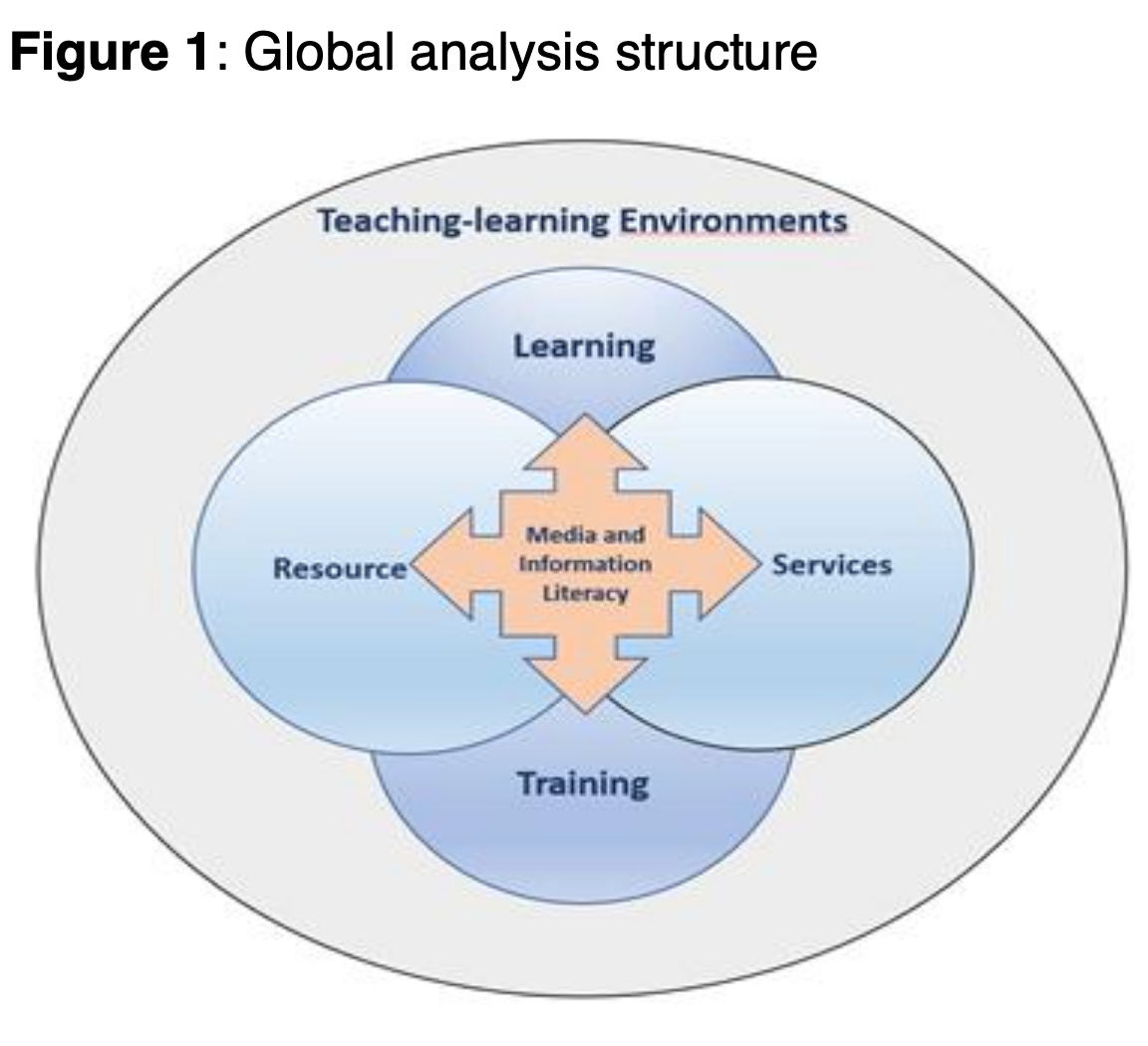Journal Article: “Technical Practices Used by Information Literacy and Media Information Literacy Services to Enable Academic Libraries to Handle the COVID-19 Pandemic”
The article linked below was recently published by the Journal of Information Literacy.
Title
Authors
Eugenia de los Angeles Ortega-Martínez
Universidad San Ignacio de Loyola; University of Minnesota Duluth
César Saavedra-Alamillas
Universidad Nacional Autónoma de México; Universidad Autónoma Metropolitana
Matthew Rosendahl
Kathryn A. Martin Library; University of Minnesota
Apolinar Sánchez-Hernández
Central Library; National Autonomous University of Mexico
Source
Journal of Information Literacy
v. 16, n. 1, p. 181-193, June 2022
DOI: 10.11645/16.1.3057
Abstract
This study analyses the techniques and procedures that were developed and the changes that took place in the National Autonomous University of Mexico (UNAM) and the Autonomous University of Puebla (BUAP), both in Mexico, and the University of Minnesota Duluth (UMD), in the United States of America. To face the crisis of the COVID-19 pandemic, librarians in these institutions improved their Information Literacy (IL) and Media Information Literacy (MIL) programmes.
Design / methodology / approach
This study has a mixed methodology with a comparative analysis. For this purpose, data shows the universities’ contexts: the communities of students, teachers, researchers, and librarians, and the e-learning strategies of IL and MIL programmes.
Findings
As part of the results of the crowdsourcing collaboration between the UMD, UNAM and BUAP, the study shows the different online learning communities and their innovations.
Originality
Although there is theoretical knowledge about IL and MIL in Mexican universities and University of Minnesota Duluth, the e-learning strategies used by their librarians in this document sought to provide technical solutions and other options for a virtual work scheme that responded to the specific problems presented by COVID-19. In this case, the framework for creating online library services was designed by their librarians for their communities in the context of the current crisis, even when online services had already been established for more than ten years.
Research limitations / implications
The technological infrastructure, the professionalisation of the library staff and a lack of knowledge of the new virtual teaching-learning needs.
Practical implications
Analysis of tools for virtual teaching-learning services, description of strategies used by library staff, results and feedback.
Social implications
IL and MIL strategies created in a variety of contexts can be enhanced by library collaboration in a fully virtual setting. Libraries with better technological infrastructure play a decisive role.
Direct to Full Text Article
14 pages; PDF.
Filed under: Academic Libraries, Data Files, Libraries, News
About Gary Price
Gary Price (gprice@gmail.com) is a librarian, writer, consultant, and frequent conference speaker based in the Washington D.C. metro area. He earned his MLIS degree from Wayne State University in Detroit. Price has won several awards including the SLA Innovations in Technology Award and Alumnus of the Year from the Wayne St. University Library and Information Science Program. From 2006-2009 he was Director of Online Information Services at Ask.com.



